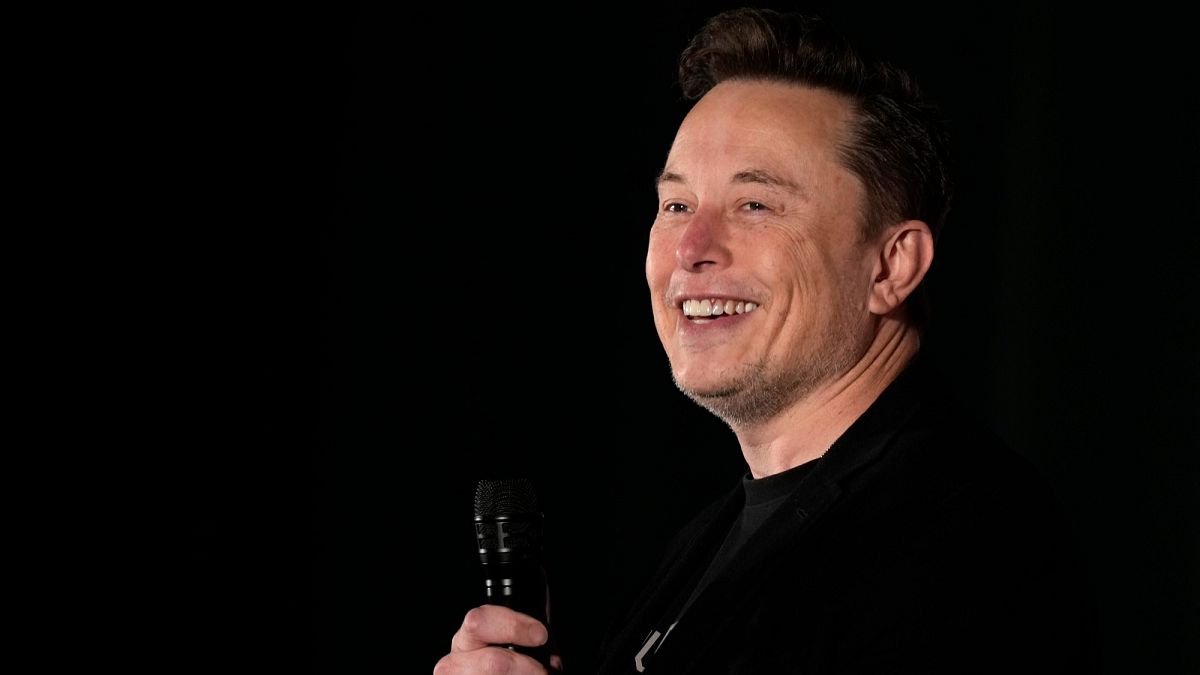

In recent developments within the intersection of technology and human interaction, several groundbreaking advancements have emerged, showcasing both the potential and the evolving challenge of artificial intelligence and brain-computer interface technology. These innovations are paving pathways for enhanced communication and capabilities, proving to be both illuminating and empowering for humankind.
The intriguing pursuit of connecting human thoughts directly to digital devices has taken a significant step forward with Elon Musk’s company, Neuralink. The firm has successfully implanted its brain-computer interface into a ninth participant. This interface enables a seamless connection between the human nervous system and electronic devices, permitting users to operate computers purely with their thoughts. As technology becomes more integrated with human biology, such developments highlight the remarkable progress being made toward transforming how individuals interact with technology in a natural and intuitive manner.
Simultaneously, the world of artificial intelligence continues to demonstrate its prowess in fields traditionally dominated by human intellect. At the world’s most prestigious mathematics competition, AI systems developed by renowned organizations like Google DeepMind and OpenAI competed alongside human mathematicians, with only 10% of the human competitors securing a gold finish. This showcases the extraordinary capabilities of AI technologies to not only mimic but in some cases surpass human intellect in specialized domains, thus propelling the conversation on the role of AI in academic and intellectual exploration.
Beyond invasive interfaces, innovative non-invasive solutions are also emerging to harness the power of thought-driven interaction. One such device, an AI-powered cap, has been developed to convert thoughts into text without requiring surgical implants. This invention marks another leap forward in making neurological decoding accessible and less intrusive, broadening the scope of how we might employ mental commands in everyday technology use. The development underlines an exciting frontier where accessibility and user comfort go hand in hand with cutting-edge technology.
While AI technologies are reaching new bounds, remarkable human achievements are still proving to stand strong in competitions that pit human intelligence against artificial counterparts. Pole Przemyslaw “Psyho” Debiak recently emerged victorious in the AWTF Heuristic programming tournament, demonstrating his superiority not only over human competitors but also over AI systems including ChatGPT. His success symbolizes a notable moment where human ingenuity triumphs over sophisticated algorithmic constructs, celebrating the enduring capability of human problem-solving skills in the face of rapidly advancing AI.
In conclusion, these noteworthy developments reflect a broader narrative of cooperation and competition between humans and AI. As technology continues to evolve, it is poised to become an even more integral part of human life, enhancing capabilities and opening new possibilities while simultaneously presenting new challenges. As these frontiers expand, it’s clear that the journey of integrating AI and brain-computer interfaces into society will dramatically reshape how humans communicate, innovate, and excel.
Source: {link}
